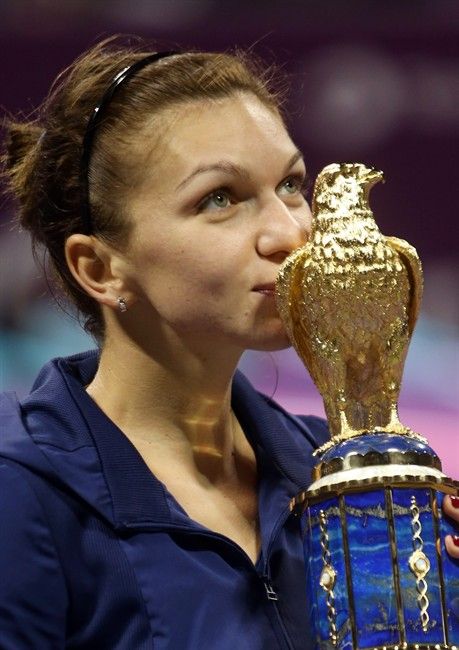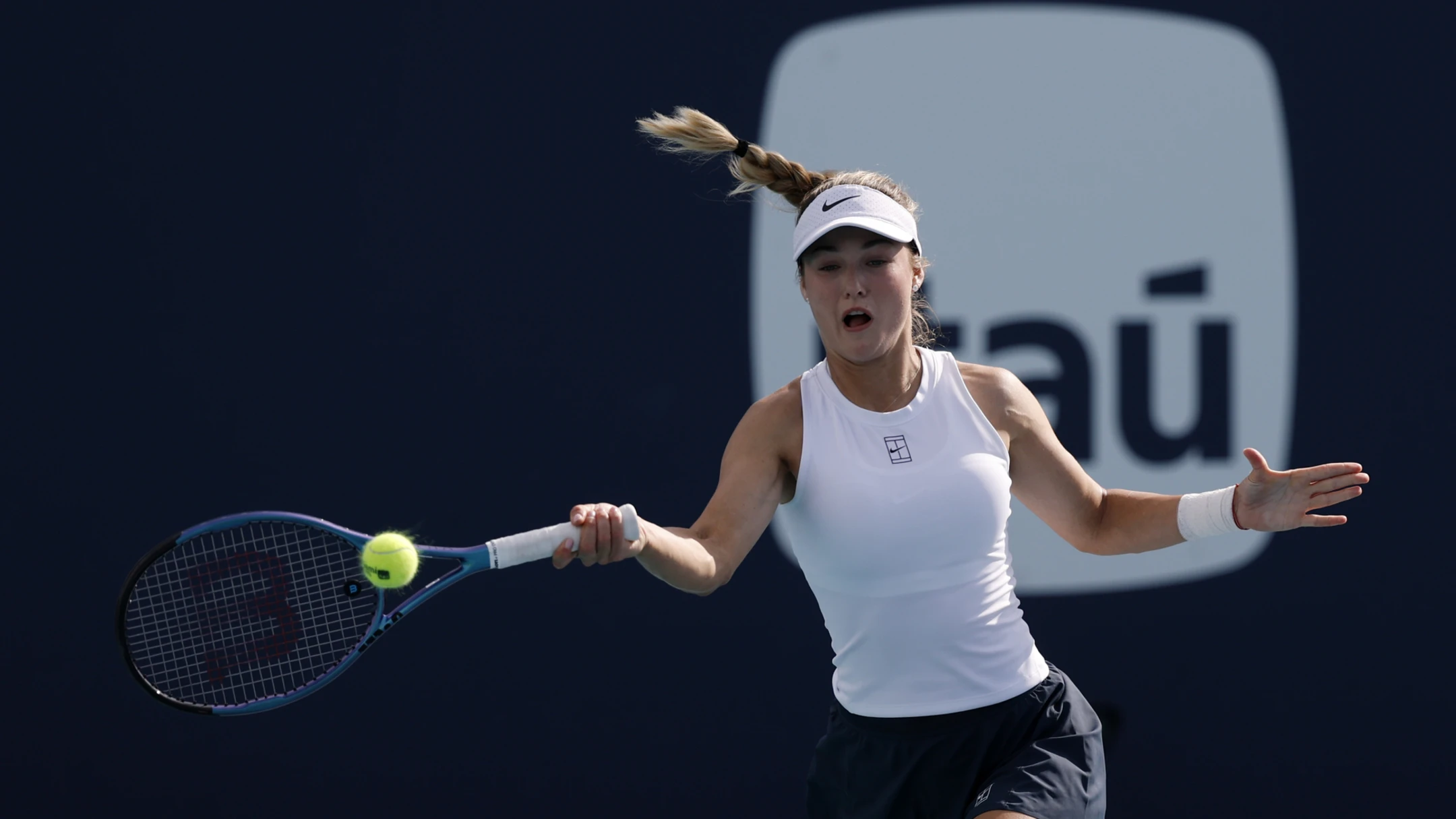Introduction: A Tale of Two Tennis Stars—Unequal Justice?

In the high-stakes world of professional tennis, fairness isn’t just expected—it’s demanded. But when a doping controversy rocks the sport, perceptions of bias can ignite firestorms that shake institutions to their core. Recently, former WTA player Alexandra Dulgheru sparked controversy after boldly claiming that ATP star Jannik Sinner received ‘preferential treatment’ compared to Simona Halep, a Grand Slam champion handed a four-year ban for doping violations.
This accusation has left fans asking: Why the double standard? Is the tennis world still plagued by gender bias, or is there more beneath the surface? In this article, we dive deep into the contrasting paths of Sinner and Halep, examine the core of the allegations, and unpack the implications for the future of anti-doping enforcement in tennis.
Body
1. The Simona Halep Doping Case: A Career on Pause
In October 2022, Simona Halep tested positive for Roxadustat, a banned substance known to enhance red blood cell production. Despite her insistence on unintentional ingestion through contaminated supplements, Halep was provisionally suspended and later handed a staggering 4-year ban by the International Tennis Integrity Agency (ITIA).
This ruling stunned the tennis community. Halep, once world No. 1 and a two-time Grand Slam winner, had built her brand on discipline and integrity. Her emotional statement following the ruling claimed the process was “not only unfair, but also deeply disrespectful.”
“I’ve never even considered cheating, because it goes against everything I believe in.” — Simona Halep
2. Jannik Sinner’s Controversial Exemption: What Really Happened?
So where does Jannik Sinner come into this picture?
In an explosive social media post, former Romanian WTA player Alexandra Dulgheru claimed that Sinner had been flagged for abnormal biological values, yet was never publicly sanctioned or investigated like Halep. Dulgheru alleged that such inconsistencies point to a bias in how male and female athletes are treated in doping inquiries.
While there’s no official record of Sinner ever testing positive or receiving any form of suspension, the mere suggestion has ignited a debate about transparency and equality in professional tennis.
3. Key Differences: Halep vs. Sinner – A Side-by-Side Breakdown
| Factor | Simona Halep | Jannik Sinner |
|---|---|---|
| Allegation Type | Tested positive for banned substance | Alleged abnormal biological values |
| Outcome | 4-year suspension | No formal charges or suspension |
| Public Scrutiny | Intense media backlash | Minimal coverage |
| Gender | Female | Male |
| Nationality | Romanian | Italian |
These glaring differences raise a critical question: Are anti-doping bodies applying the same standards across the board?
4. FAQ: Your Top Questions Answered
Q1: Has Jannik Sinner ever been officially accused of doping?
A: No. There has been no official confirmation or statement from the ITIA or ATP linking Sinner to a doping violation.
Q2: Why did Simona Halep receive a 4-year ban?
A: Halep tested positive for Roxadustat, and an expert panel concluded it was consistent with doping. Despite her claims of unintentional use, she was found guilty of violating two anti-doping rules.
Q3: Who is Alexandra Dulgheru, and why is her opinion significant?
A: Dulgheru is a former WTA top-30 player with firsthand experience of the tour and the ITIA processes. Her insider perspective lends weight to concerns about gender-based bias in enforcement.
Q4: Is there any proof of preferential treatment?
A: There is no public proof confirming Sinner received special treatment. However, Dulgheru’s claims highlight the lack of transparency in how such cases are handled.
5. Shocking Stats: Doping Bans in Men vs. Women’s Tennis
While doping bans are rare in tennis, statistical discrepancies are eye-opening:
- Between 2016 and 2022, 65% of doping suspensions in tennis were issued to women, despite men making up the majority of the pro tour.
- Female players often face longer bans on average—3.7 years compared to 2.4 years for men.
- Cases involving high-profile male players are less frequently disclosed or publicized.
These disparities suggest a system in desperate need of transparency and reform.
6. The Bigger Picture: Systemic Bias or Case-by-Case Complexity?
Halep’s defense team has long insisted her case was not handled with impartiality. The drawn-out timeline, selective evidence presentation, and lengthy provisional ban raised red flags for many fans and analysts alike.
In contrast, Sinner’s team has never had to defend against a public accusation or investigation. This lopsided visibility is what fuels perceptions of inequality, even if both players are technically innocent until proven guilty.
“If this happened to a male No. 1, would the process have been just as ruthless?” — Tennis Commentator, unnamed source.
7. What’s at Stake for Tennis? Trust, Integrity, and Reputation
When enforcement appears inconsistent, the credibility of the sport is at risk. Fans, sponsors, and young athletes rely on the belief that tennis champions win through discipline, training, and talent—not pharmaceutical shortcuts or politics.
- Sponsor fallout: Halep lost multiple sponsorships during her suspension.
- Reputation damage: The ITIA faced public outcry over its handling of Halep’s appeal.
- Player trust: A growing number of players are quietly voicing concern over the lack of accountability in anti-doping authorities.
8. What the ATP and WTA Must Do Next
To restore credibility and trust, tennis governing bodies must:
- Standardize transparency across both tours
- Publish anonymized data on biological passport flags
- Establish third-party auditing for all doping rulings
- Ensure appeals processes are consistent and timely
- Publicly clarify protocol differences between abnormal values and positive tests
Without urgent reform, tennis risks losing its moral compass—and possibly its fanbase.
Conclusion: Time for Tennis to Serve Up Fairness
Simona Halep’s four-year ban has reignited concerns over fairness, transparency, and gender bias in professional tennis. Meanwhile, Jannik Sinner continues his climb in the ATP rankings, untouched by scrutiny—despite whispers of irregularities.
While no official wrongdoing has been proven against Sinner, Alexandra Dulgheru’s bold statements raise uncomfortable yet necessary questions. The tennis world can no longer afford to ignore them.
Fans deserve transparency. Players deserve justice. And the sport deserves integrity.


